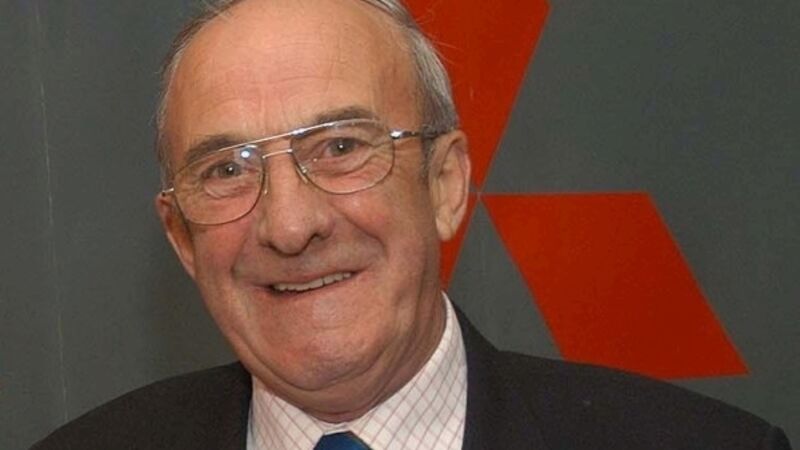A tribute to the late Dermot Russell, renowned Cork journalist and editor

Like anyone who began working in newspapers almost 70 years ago Dermot Russell – universally and affectionately known as Rusty – would not recognise today’s world of communications,
After all, he was in the news business for almost a decade before RTÉ television began broadcasting in 1960. He and his peers saw almost unprecedented change in how information is shared and consumed, rolling change that continues today.
















